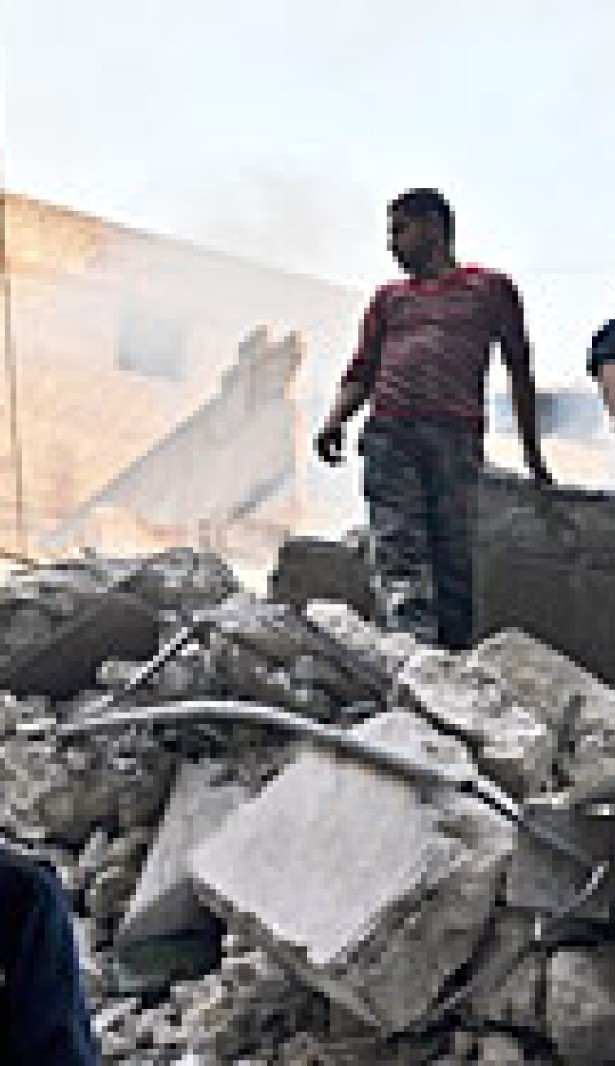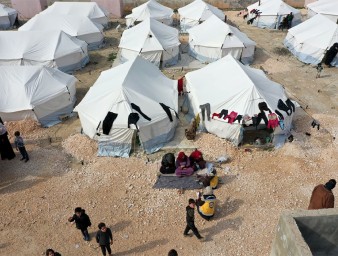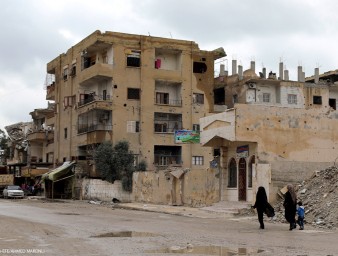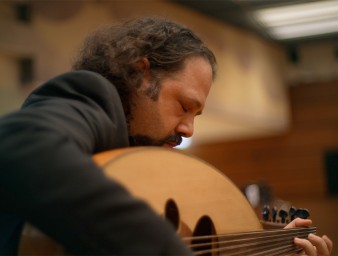Terrorised population in Syria deserves a political solution, states UN Commission
03 April 2014
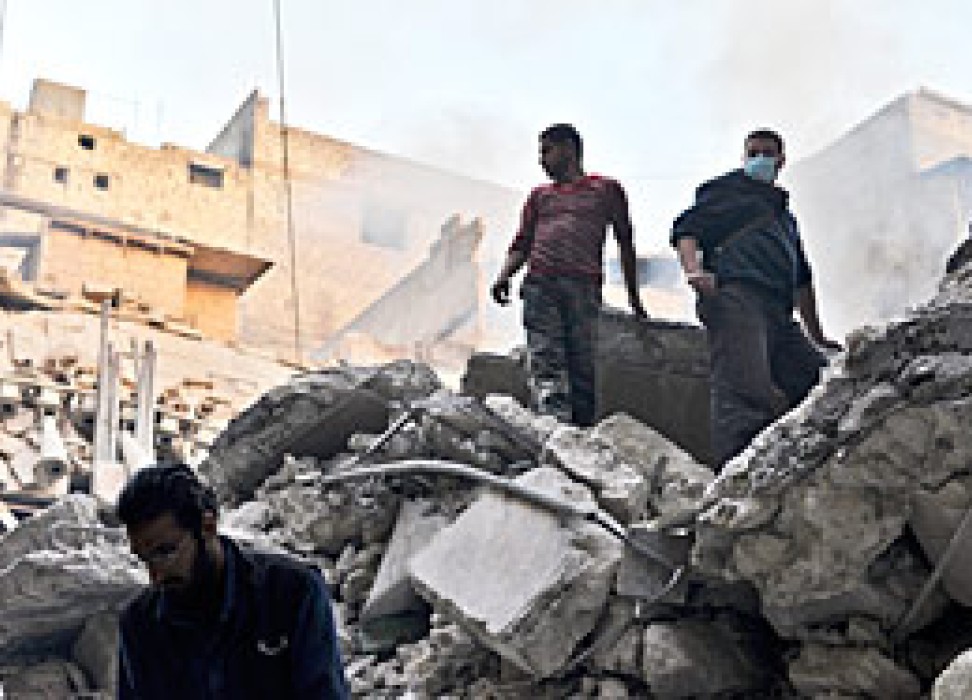
“Nearly nine million people – a third of the population – have now fled their homes. In addition to the 2.5 million refugees, there are an estimated 6.5 million internally displaced people inside Syria. Millions more live in enclaves surrounded by violence,” said Paulo Sérgio Pinheiro, Chair of the Commission of Inquiry on Syria, at the UN Human Rights Council in Geneva.
Pinheiro, who was presenting the Commission’s latest report and update on the report to the Council, told participants that the conflict between Government forces including pro-Government militias, and armed opposition groups in the Syrian Arab Republic showed no sign of abating as it entered into its fourth year.
He described the tragic reality endured by millions of civilians across that country who continue to be the casualties of repeated acts of terror at the hands of non-States armed groups and Government forces. Hundreds of thousands in besieged areas have been reduced to scavenging for survival.
“Save for the valiant efforts of humanitarian aid agencies, the international community has done little but bear witness to the plight of those caught in the maelstrom. Syrians feel abandoned and hopeless,” Pinheiro said. He stressed that the parties, influential states and the international community had to ensure the protection of civilians and lift the sieges to allow humanitarian access.
The Chair of the Commission also noted that the military situation has become more complex. Government forces and pro-government militia are being supported by foreign fighters. The Government’s campaign of barrel-bombing civilian-inhabited areas, notably in Aleppo city, intensified in 2014-On the other hand, foreign fighters also joined the most extremist Non-State armed groups, especially in the north of Syria, and continue to terrorize the populations of the Aleppo and Al-Raqqah governorates.
“While the armed groups are organizing themselves into coalitions, tensions over political control, resources and ideological orientations remain. In January 2014, these tensions erupted into deadly violence in northern and northeastern governorates,” he said.
Pinheiro also said that the Commission was responding to calls for justice from Syrians by documenting incidents and producing a ‘perpetrators list’ since the Commission was established.
“This ‘perpetrators list’ contains names of persons criminally responsible for hostage-taking, torture and executions. It also contains names of the heads of intelligence branches and detention facilities where detainees are tortured, names of military commanders who target civilians, airports from which barrel bomb attacks are planned and executed, and armed groups involved in attacking and displacing civilians,” he said.
Pinheiro called for more support from the UN Security Council and Member States to achieve accountability and justice, and revive the Geneva Peace Talks. He further highlighted the responsibility States with influence in the region had to adopt a political path to peace in Syria.
“A part of this responsibility is to adhere to your obligations not to transfer weapons where those arms will be used in the commission of war crimes or crimes against humanity. Our reports document these crimes,” he said. “No one can claim ignorance of what is occurring in Syria. Those that believe in a military solution to the Syrian war – or to the proxy wars being fought inside Syria - are compromising the prospect of a political solution.”
“A negotiated political solution, which the commission has consistently held to be the only solution to this conflict, must be pursued with the renewed vigour both by the parties and by influential States,” Pinheiro added.
3 April 2014
